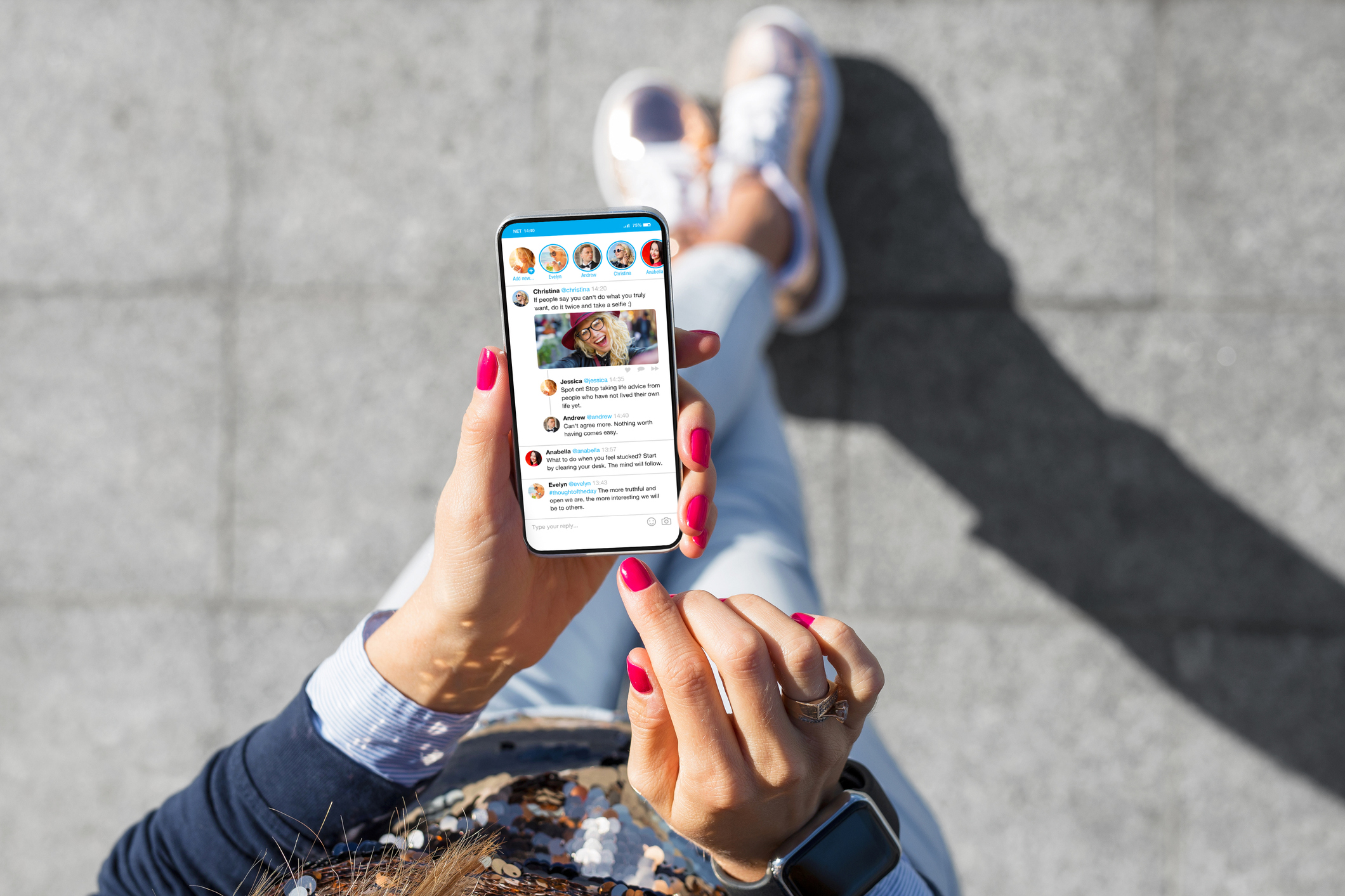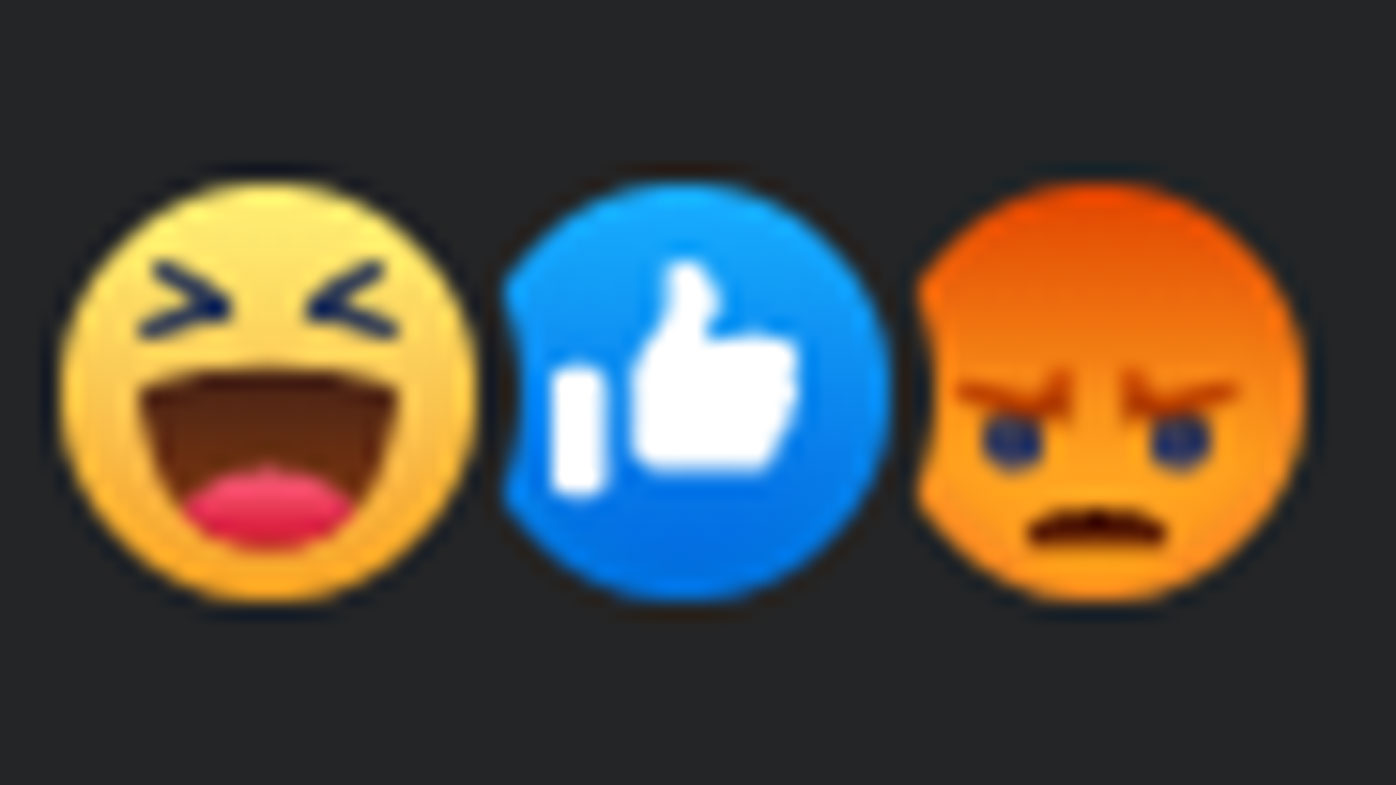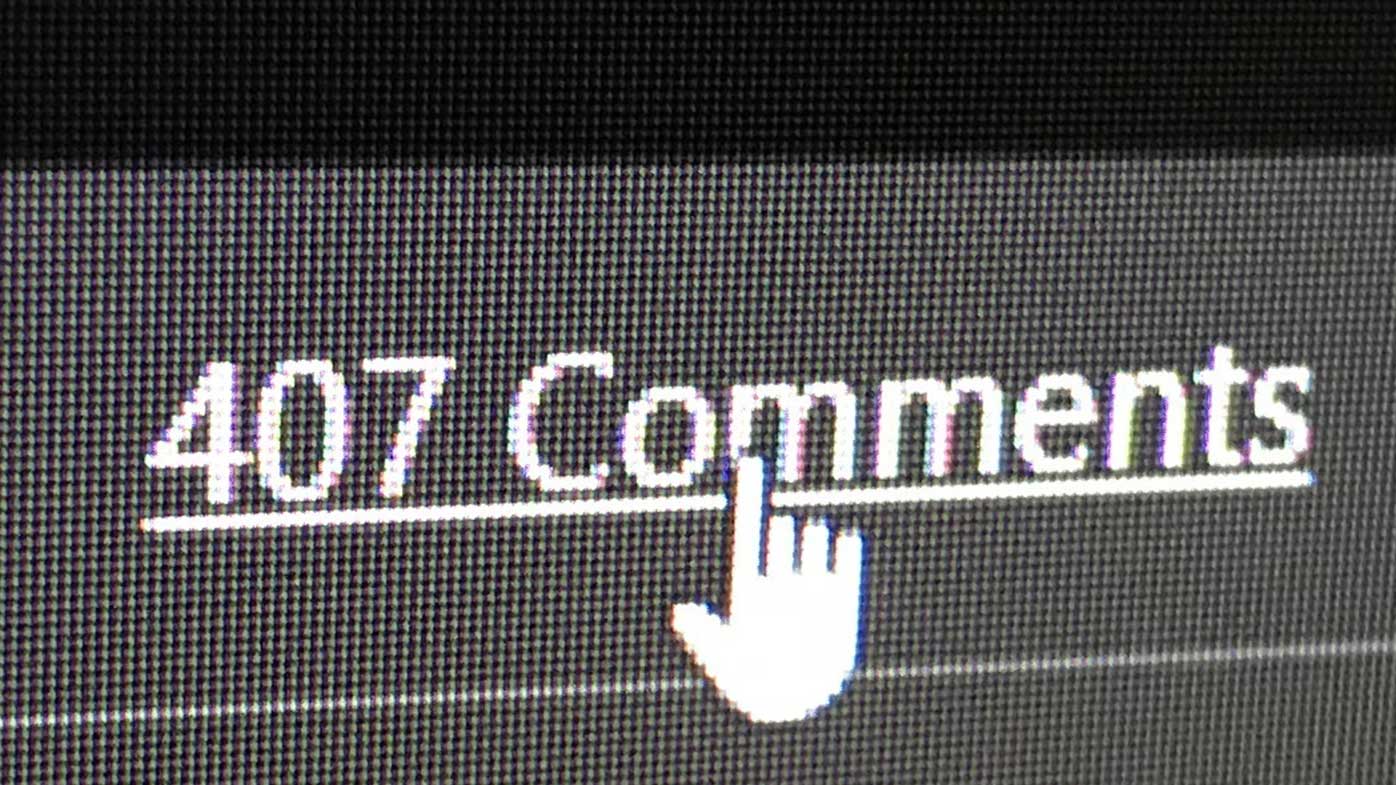When you're scrolling through your Facebook feed, you'll often see news stories which are trying hard to get you to click.
And then there's the stories that you can't help but click on, just because their headline has intrigued you.
Maybe this story is one of them.
READ MORE: Four of the top five 2016 election stories were fictional

But "clickbait" on social media is not as simple and obvious as you might think.
A study from Germany researchers has analysed 4000 Facebook posts from news organisations to find what sort of headlines draw in readers and which ones don't.
The study from the University of Duisberg-Essen found that common clickbait phrases like "this will blow your mind" not only didn't draw in readers, but had the opposite effect.
Those stories actually had fewer reactions, shares and comments compared to those without those phrases.
Asking questions in headlines also didn't engage readers.
READ MORE: Fake news writer says he is responsible for Trump presidency

The researchers gathered a week's worth of posts from ten US and UK news outlets' Facebook pages, including sources they considered to be tabloid and those viewed as reputable.
The study gave the New York Times as a reputable example, and the Daily Mail as a tabloid source.
Curiously, headlines with unusual punctuation had up to 2.5 times more reactions, shares and comments.
Headlines which featured longer words drew in less interaction.
There was also an odd divergence in headlines and post text.
Positive phrasing in headlines drew in more comments, but the same was true for negative phrasing in post text.
READ MORE: KFC menu prices to rise again in 2022 as inflation bites

from 9News https://ift.tt/buLQaVm
via IFTTT
Comments
Post a Comment